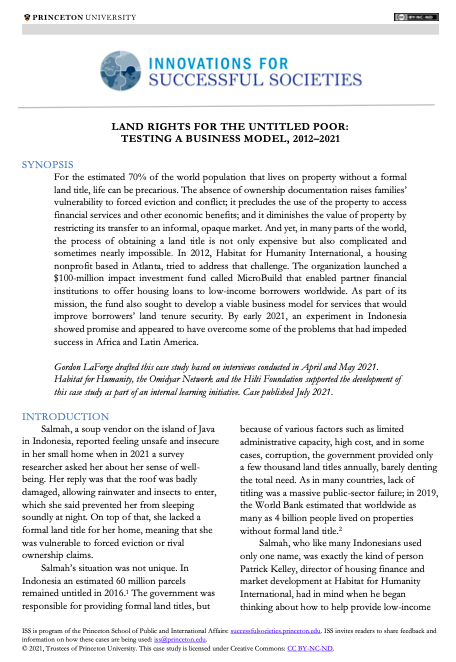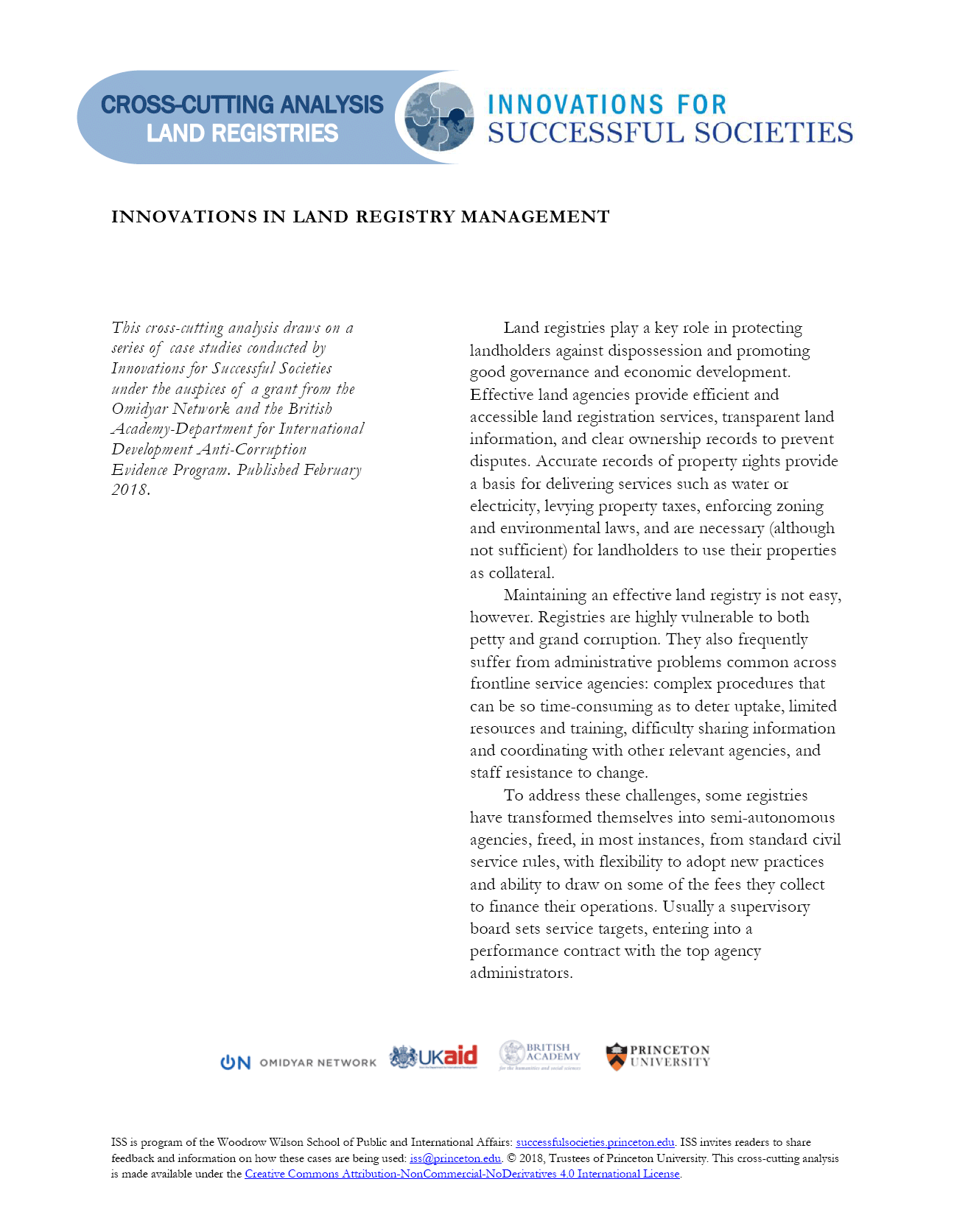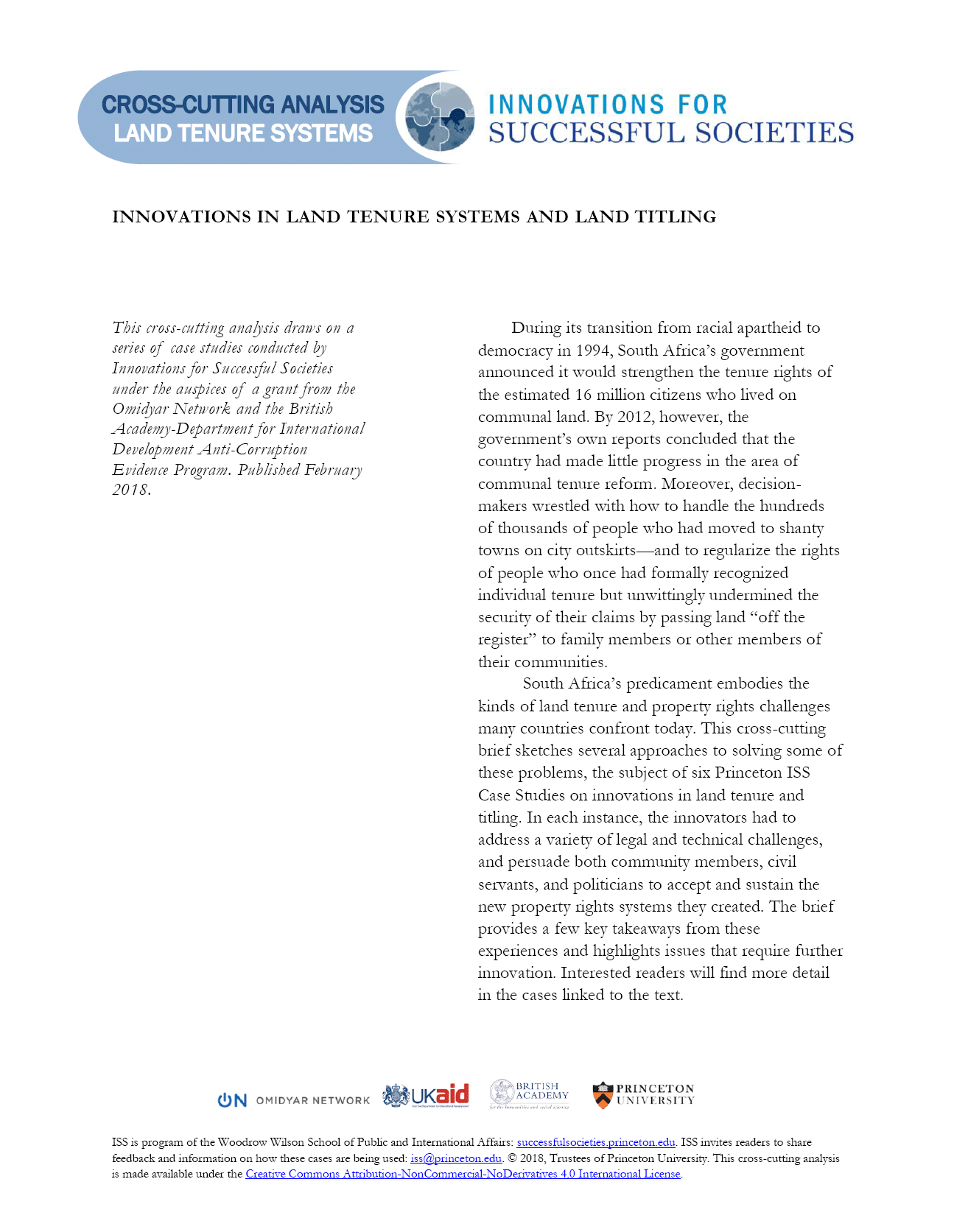Location
hartered in 1746 as the College of New Jersey — the name by which it was known for 150 years — Princeton University was British North America’s fourth college. Located in Elizabeth for one year and in Newark for nine, the College of New Jersey moved to Princeton in 1756. It was housed in Nassau Hall, which was newly built on land donated by Nathaniel FitzRandolph. In 1896, when expanded program offerings brought the College university status, the College of New Jersey was officially renamed Princeton University. The Graduate School was established in 1900.
Fully coeducational since 1969, Princeton for the past academic year (2016-17) enrolled 8,181 students — 5,251 undergraduates, 2,781 graduate students and 149 special students. The ratio of undergraduate students to faculty members (in full-time equivalents) is 5 to 1.
The University provides its students with academic, extracurricular and other resources — in a residential community committed to diversity — that prepare them for positions of leadership and lives of service in many fields of human endeavor.
Living up to its unofficial motto, “In the Nation’s Service and the Service of Humanity,” Princeton University has educated thousands of individuals who have dedicated their lives to public service, including two U.S. presidents (Woodrow Wilson and James Madison); hundreds of U.S. and state legislators (the House of Representatives, for example, has housed a Princeton alumnus every year since it first met in 1789); and 44 governors, including 11 New Jersey governors.
Each year, many members of the student body, faculty, staff and local alumni volunteer in community service projects throughout the region. The University as an institution supports many service initiatives.
As a global research university, Princeton seeks to achieve the highest levels of distinction in the discovery and transmission of knowledge and understanding. At the same time, Princeton is distinctive among research universities in its commitment to undergraduate teaching. Interdisciplinary work is vital to Princeton and is reflected in a full spectrum of academic programs.
Princeton’s central campus consists of approximately 9.2 million square feet of space in more than 190 buildings on 500 acres. The University also accommodates more than 1,000 units, totaling more than 1.2 million square feet, of rental housing for graduates and faculty/staff. The University owns more than 1,040 acres in Princeton, more than 860 acres in Plainsboro Township and more than 520 acres in West Windsor Township.
The University, with approximately 6,700 benefits-eligible employees, is one of the region’s largest private employers. It brings close to 850,000 visitors to the region each year.
Members:
Resources
Displaying 1 - 5 of 5LAND RIGHTS FOR THE UNTITLED POOR: TESTING A BUSINESS MODEL, 2012–2021
For the estimated 70% of the world population that lives on property without a formal land title, life can be precarious. The absence of ownership documentation raises families’ vulnerability to forced eviction and conflict; it precludes the use of the property to access financial services and other economic benefits; and it diminishes the value of property by restricting its transfer to an informal, opaque market. And yet, in many parts of the world, the process of obtaining a land title is not only expensive but also complicated and sometimes nearly impossible.
Innovations in Land Registry Management (Cross-Cutting)
Land registries play a key role in protecting landholders against dispossession and promoting good governance and economic development. Effective land agencies provide efficient and accessible land registration services, transparent land information, and clear ownership records to prevent disputes. Accurate records of property rights provide a basis for delivering services such as water or electricity, levying property taxes, enforcing zoning and environmental laws, and are necessary (although not sufficient) for landholders to use their properties as collateral.
Innovations in Land Tenure Systems and Land Titling (Cross-Cutting)
During its transition from racial apartheid to democracy in 1994, South Africa’s government announced it would strengthen the tenure rights of the estimated 16 million citizens who lived on communal land. By 2012, however, the government’s own reports concluded that the country had made little progress in the area of communal tenure reform.
Registering Rural Rights: Village Land Titling in Tanzania, 2008-2017
Princeton University
General
As part of the univeristy's Innovations for Successful Societies initiative, Omidyar Network funded Princeton to conduct research and document lessons through five case studies on land registry innovation in Jamaica, Canada, South Africa and Australia.





